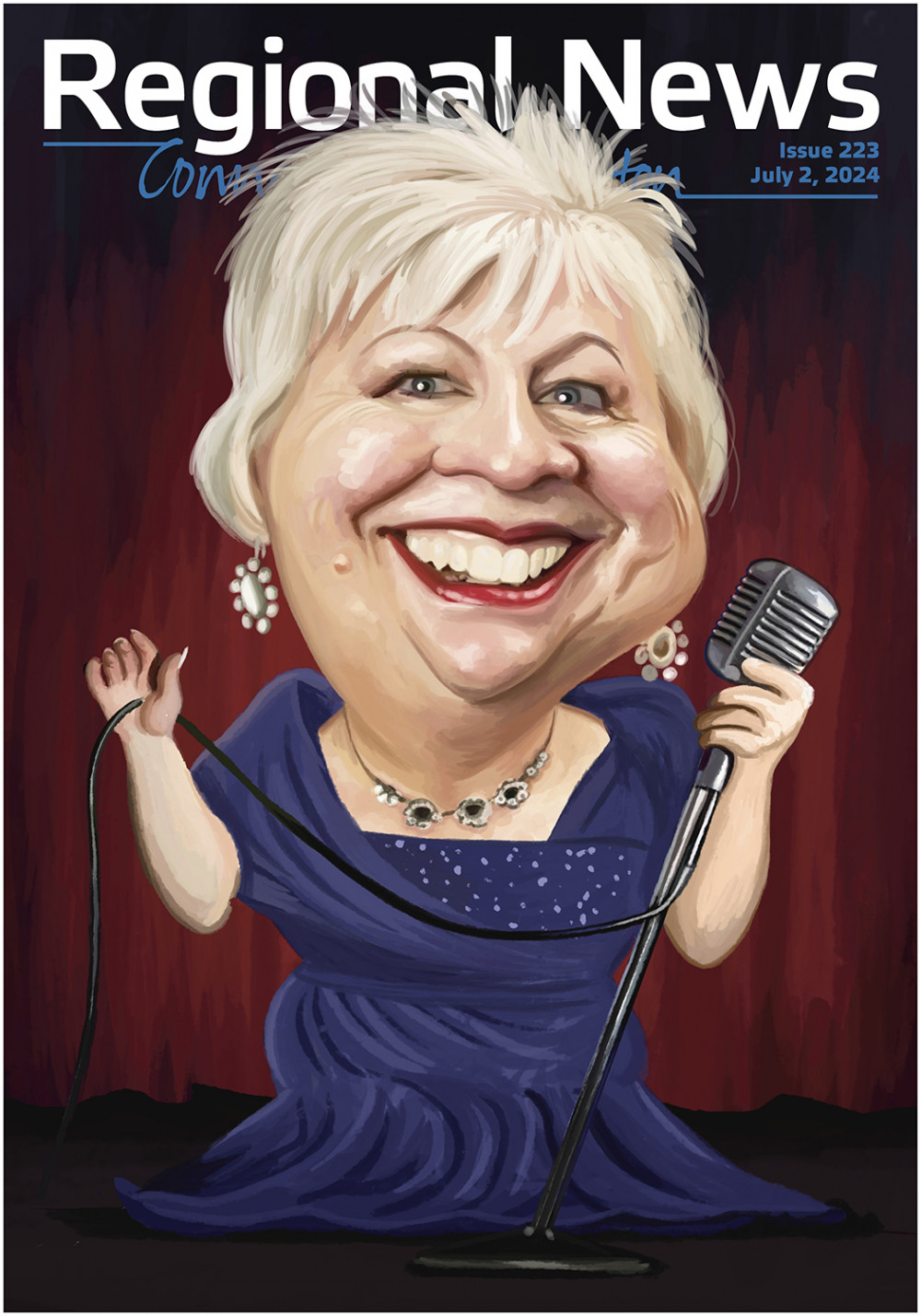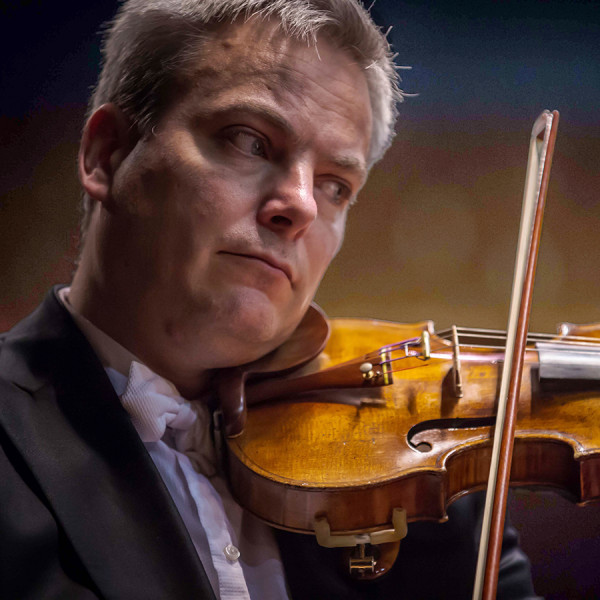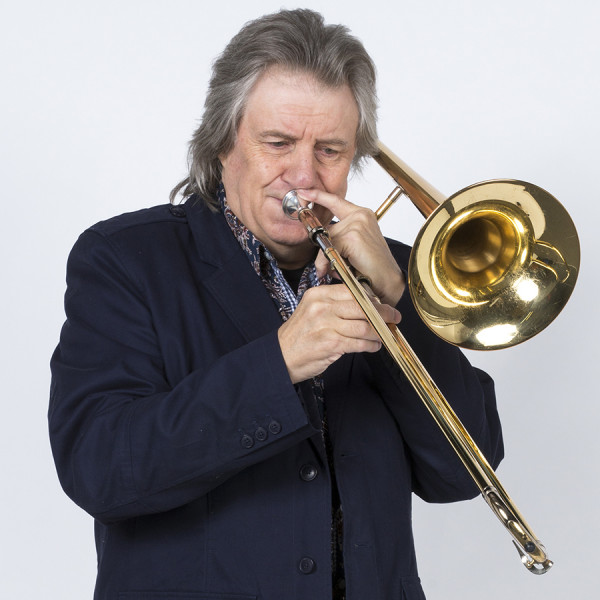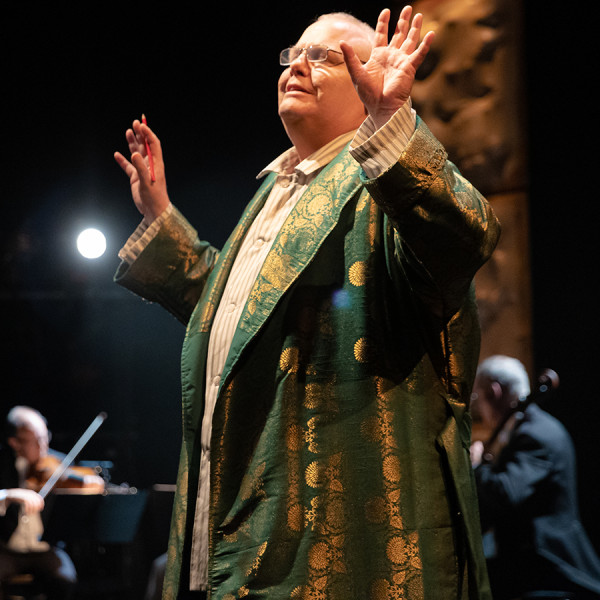
Wellington was painted red on the 21st of March – red with the flag of Tonga.
On the 1st of October 2011, Tonga beat France at Wellington’s World Cup Rugby game in one of the biggest upsets in rugby history. First, they thanked God, and then they thanked their fans. Red, White & Brass is the story of this game, but it’s not about the players. It’s about Tongans and their māfana – their feeling of warmth, their pride.
“Straight up, this actually happened”, Red, White & Brass informs viewers on its title page. Inspired by the true story of co-writer and co-producer Halaifonua (Nua) Finau. The movie follows Maka (John-Paul Foliaki), a Tongan superfan who misses out on tickets to the big game. In typical Maka fashion, he comes up with a genius plan: signing his brass band up to play at the opening ceremony. The only problem is he doesn’t have a brass band.
Directed and co-written by Damon Fepulea’i, Red, White & Brass is truly a gem of a movie and another jewel in the crown from the production company that brought us The Breaker Upperers and Hunt for the Wilderpeople. Filmed entirely in Wellington, Emily Mafile’o’s production design is *chef’s kiss*. Every scene includes some element of red, every moment is imbued with Tonga. Costume designer Daisy Chiara Marcuzzi employs a similar tactic in her clothing choices, adding red accents to every character’s style. The score by Three Houses Down, which is original and on Spotify by the way, is cheerful, vibrant, and fully embodies the film.
Similarly laudable is the cast of Red, White & Brass. Virtually every actor is a newcomer, yet so comfortable are they in their roles, they seem like veterans of the silver screen. Maka is Foliaki’s first official acting role, and he is superb. But the entire cast should be recognised, as each character is played so authentically you felt as though you left the theatre with a group of new friends.
“There is no I in band”, and it is the whole band that makes Red, White & Brass absolutely brilliant. A work of art and of Tongan ingenuity at its finest, māfana maketh the movie.






















